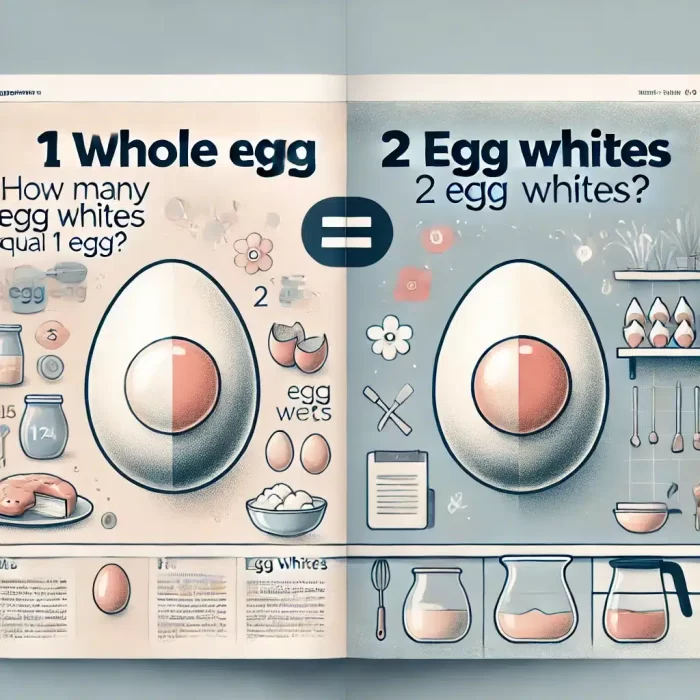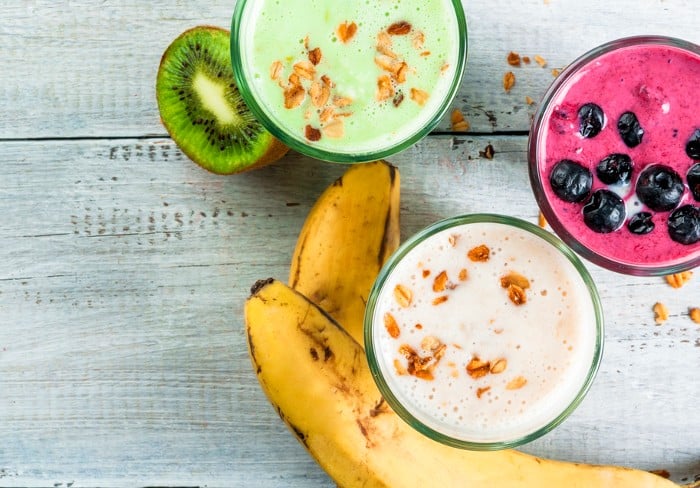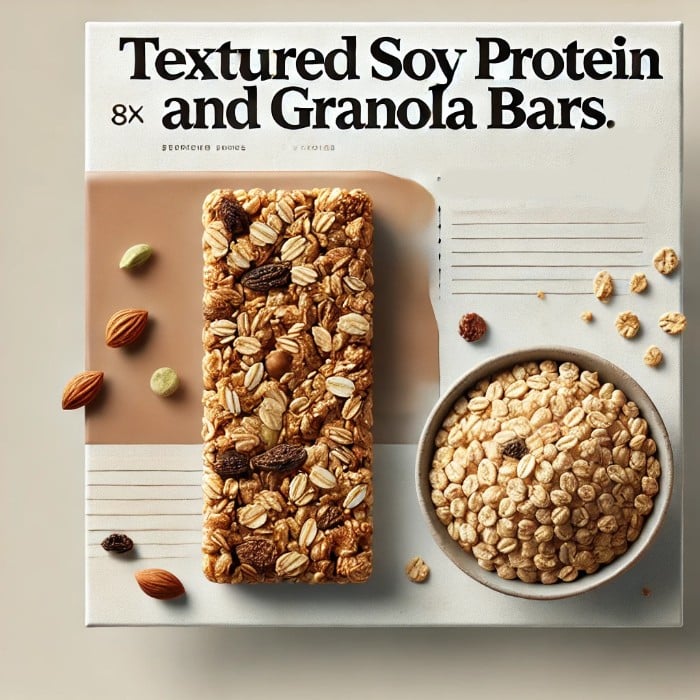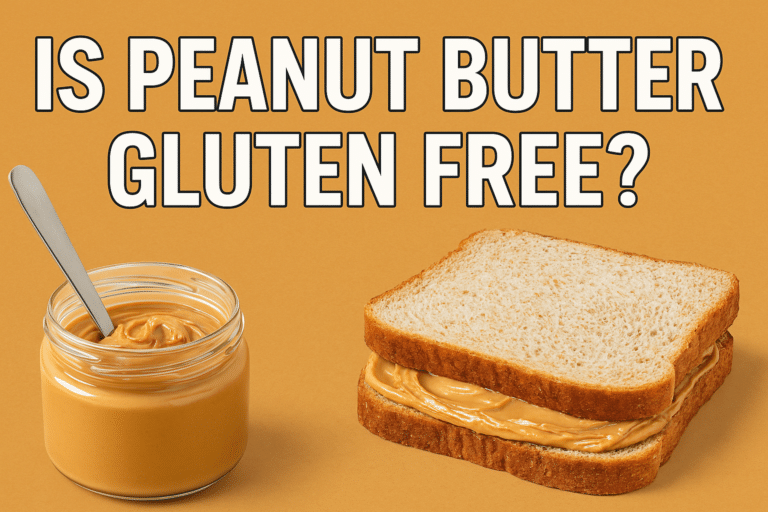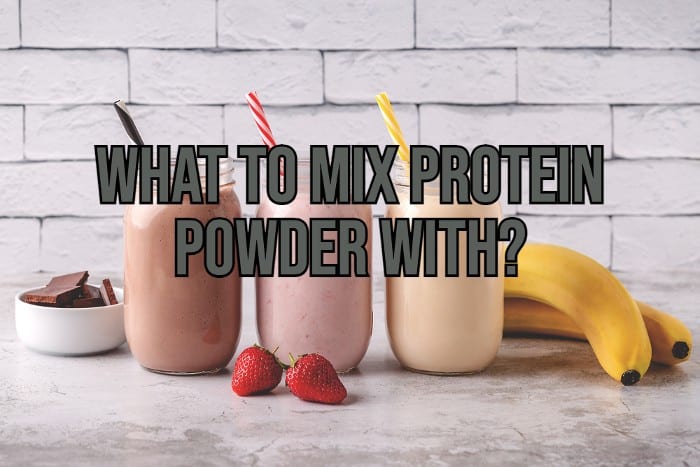How Many Egg Whites Equal 1 Egg?
If you’ve ever been in the kitchen following a recipe that calls for whole eggs but only egg whites, you might be wondering, how many egg whites equal one whole egg? Whether you’re baking, cooking, or simply trying to cut back on calories and cholesterol, understanding the right egg white-to-whole egg ratio is key.
As a dietitian who frequently works with clients on nutrition, meal prep, and healthy substitutions, I often get asked this question. The answer depends on egg size, recipe requirements, and nutritional goals. In this article, I’ll break it all down so you’ll know exactly how to substitute egg whites for whole eggs with confidence.
How Many Egg Whites Equal One Whole Egg? The Simple Breakdown
If you crack open a large egg, you’ll notice it’s made up of two parts the white and the yolk. Together, they weigh about 50 grams, with the egg white contributing roughly 30 grams and the yolk making up the remaining 20 grams. Since the yolk is responsible for a significant portion of an egg’s fat and nutrients, replacing it with only egg whites changes the texture, flavor, and nutritional profile of your dish.
How Many Egg Whites Do You Need?
- 1 whole large egg = 2 egg whites (most standard recipes use this as a rule of thumb).
- 2 whole large eggs = 3 egg whites (this keeps the protein content similar while lowering fat).
- 3 whole large eggs = 5 egg whites (this works well for larger recipes needing multiple eggs).
So, if your recipe asks for one whole egg, swapping in two egg whites should work just fine for most baking and cooking needs. However, if you’re making something that relies on yolks for texture, like custards, rice cakes, or hollandaise you might want to reconsider replacing all the eggs with whites alone.
Why Use Egg Whites Instead of Whole Eggs? The Benefits Explained
Choosing to use egg whites instead of whole eggs can be a smart decision depending on your dietary goals and cooking preferences. Whether you’re looking to cut calories, reduce cholesterol, or simply tweak the texture of your dish, egg whites offer a lot of versatility. Here’s why they can be a great substitute:
1. A Lighter, Low-Calorie Alternative
If you’re watching your calorie intake, swapping whole eggs for egg whites can make a noticeable difference. A single large egg contains about 70 calories, whereas the white alone has only 17 calories. This means you can double your portion size without dramatically increasing your calorie count. For those trying to lose weight or maintain a calorie deficit, using egg whites in place of whole eggs is a simple and effective swap.
2. Heart-healthy and Cholesterol-Free
All of an egg’s cholesterol is concentrated in the yolk, meaning that egg whites are naturally cholesterol-free. If you’re concerned about heart health, high cholesterol, or managing conditions like hypertension, choosing egg whites over whole eggs can be a heart-smart move. You still get the benefits of high-quality protein without any of the cholesterol-related concerns.
3. Packed with Lean Protein
Egg whites are an excellent source of lean protein, containing about 3.6 grams per white. This makes them ideal for muscle recovery, athletic performance, and weight management. Unlike whole eggs, they provide protein without added fat, making them a great choice for those following high-protein, low-fat diets.
4. A Secret Weapon in Baking & Cooking
Egg whites serve as a powerful natural leavening agent in baking, helping create light, airy textures in cakes, muffins, and soufflés. When whipped, egg whites trap air and provide structure and stability in recipes like meringues, macarons, and angel food cakes. Additionally, their neutral flavor allows them to blend seamlessly into a wide range of dishes without overpowering other ingredients.
When Not to Substitute Egg Whites for Whole Eggs:
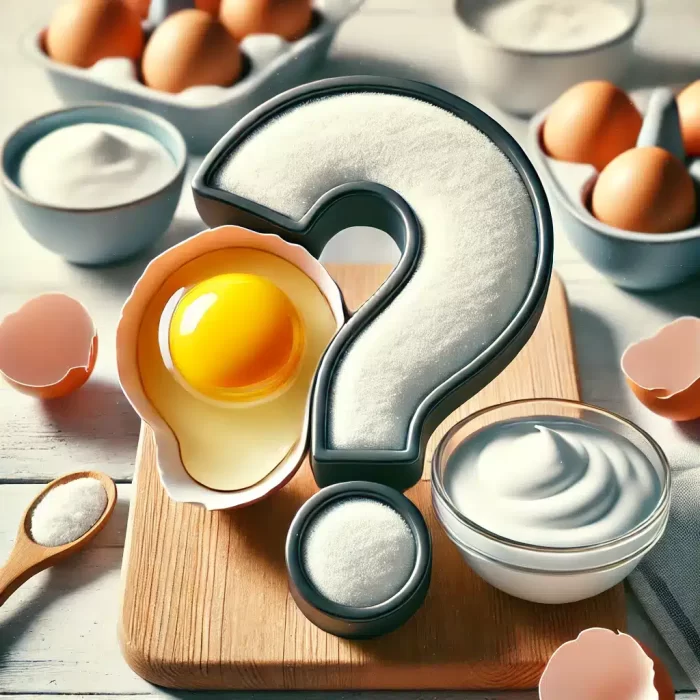
Egg whites are an amazing low-calorie, high-protein substitute for whole eggs, but they aren’t always the best choice. In certain recipes, removing the yolk can completely change the texture, flavor, and overall success of your dish. If you’re thinking about skipping the yolks, here are some key things to keep in mind:
1. Recipes That Depend on Egg Yolks for Texture and Richness
Egg yolks play a crucial role in recipes that require richness, thickness, and structure. Dishes like custards, hollandaise sauce, and creamy desserts rely on the fat in egg yolks to provide their signature smooth and velvety texture. If you swap out yolks for only egg whites, you may end up with a dry, rubbery, or grainy consistency. If your recipe depends on yolks for texture, it’s best to stick with whole eggs or find a suitable fat replacement, like Greek yogurt or avocado.
2. Egg Yolks Add Depth of Flavor
Beyond texture, egg yolks are packed with a rich, buttery flavor that enhances everything from baked goods to creamy sauces. If you’ve ever had an egg white omelet and thought it tasted a little flat, that’s because yolks contain the compounds that give eggs their savory umami taste. While egg whites alone are great for light dishes, they might leave baked goods or sauces tasting a bit bland or lacking in depth.
3. Egg Yolks Are Nutrient Powerhouses
While egg whites are an excellent source of protein, they lack many of the key vitamins and minerals found in the yolk. Egg yolks are rich in vitamin D, B12, choline, and omega-3 fatty acids all of which are important for brain function, energy levels, and heart health. If you’re following a diet that’s already low in these nutrients, skipping yolks entirely might not be the best move. Instead, consider keeping at least some yolks in your meals for a more balanced nutritional profile.
How to Substitute Egg Whites for Whole Eggs in Different Recipes: Tips for Success
Substituting egg whites for whole eggs isn’t always a straightforward swap it depends on what you’re cooking or baking. Egg whites behave differently than whole eggs because they lack the fat and emulsifying properties of yolks. This means that while they work well in some dishes, they might need a little tweaking in others to maintain moisture, texture, and flavor. Here’s how to do it right:
For Baking: Keeping Your Treats Light and Fluffy
- Use 2 egg whites per whole egg in cakes, muffins, and pancakes to maintain structure and fluffiness.
- If a recipe requires multiple eggs, replace only half with egg whites. This keeps baked goods from becoming too dry.
For Scrambled Eggs & Omelets: Keeping It Creamy
- Use 2 egg whites per whole egg to achieve a soft, fluffy texture that mimics whole eggs.
- Add a splash of milk, butter, or olive oil to enhance creaminess and prevent the eggs from tasting rubbery.
For Binders (Meatballs, Burgers, & Coatings): Holding It All Together
- Egg whites work as a binding agent but don’t add the same richness as yolks, so expect a slightly different texture.
- To compensate, use one extra egg white for each whole egg in recipes that rely on eggs for binding, like meatballs or burgers.
Final Thoughts:
If you’re wondering how many egg whites equal one egg, the simple answer is two large egg whites for every whole egg. However, the decision to substitute depends on your health goals, recipe requirements, and personal preferences.
Egg whites are an excellent low-calorie, high-protein alternative to whole eggs, but they don’t always work in every recipe. If you’re experimenting with egg substitutions in baking or cooking, be mindful of the changes in texture, flavor, and nutrients.
Next time you’re in the kitchen and short on whole eggs, you’ll know exactly how to adjust your recipe. Have you tried swapping egg whites for whole eggs before? Let me know how it worked for you!
